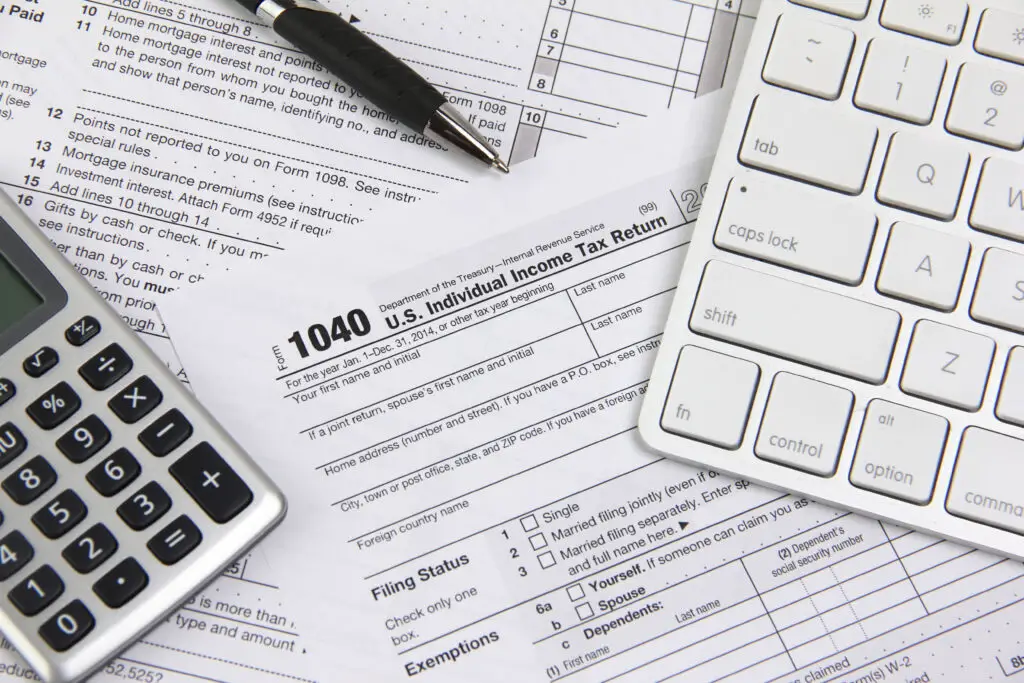Winning a sweepstake can be incredibly exciting, but it’s important to understand the tax implications that come with your prize. Here’s some information on reporting winnings and tips on managing taxes related to prizes.
Information on Reporting Winnings
Taxable Income
- Any prize I win from a sweepstake is considered taxable income by the IRS. This includes cash, trips, cars, electronics, and other non-cash prizes. I need to report the fair market value of the prize on my tax return.
Form W-2G
- If the value of my prize is $600 or more, the sweepstakes sponsor is required to send me a Form W-2G, which reports the total value of the winnings. I must include this information when I file my taxes.
Estimated Tax Payments
- If I win a substantial prize, I might need to make estimated tax payments to cover the additional tax liability. This helps avoid penalties for underpayment when tax season arrives.
State Taxes
- In addition to federal taxes, I may also owe state taxes on my winnings. The rules vary by state, so I check my local tax regulations to understand my obligations.

Tips on Managing Taxes Related to Prizes
Keep Detailed Records
- I maintain detailed records of all my sweepstakes winnings, including the value of each prize, the date I received it, and any related expenses. This information is crucial for accurate tax reporting.
Consult a Tax Professional
- If I’m unsure about how to handle the tax implications of my winnings, I seek advice from a tax professional. They can provide guidance specific to my situation and ensure I comply with all tax laws.
Set Aside Funds for Taxes
- To avoid a financial surprise, I set aside a portion of my winnings to cover the taxes. This is especially important for non-cash prizes, where I might not have the cash on hand to pay the taxes. Some sweepstakes are awesome and they include cash to cover the estimated taxes – use that cash wisely!
Understand the Fair Market Value
- For non-cash prizes, I need to determine the fair market value, which is the amount I would pay for the item on the open market. This value is what I report as income, not necessarily the manufacturer’s suggested retail price.
Deductible Expenses
- While most personal expenses related to entering sweepstakes are not deductible, there may be exceptions if entering sweepstakes is part of a business or profession. I check with a tax professional to see if any expenses might be deductible.
Plan for Large Prizes
- Winning a large prize, like a car or a trip, can significantly impact my taxes. I calculate the potential tax liability ahead of time and plan accordingly, so I’m prepared when it’s time to file my return.
By understanding and preparing for the tax implications of my sweepstakes winnings, I can enjoy my prizes without any unwelcome surprises. Keeping accurate records and seeking professional advice ensures that I stay compliant with tax laws and manage my winnings responsibly. Happy winning!


